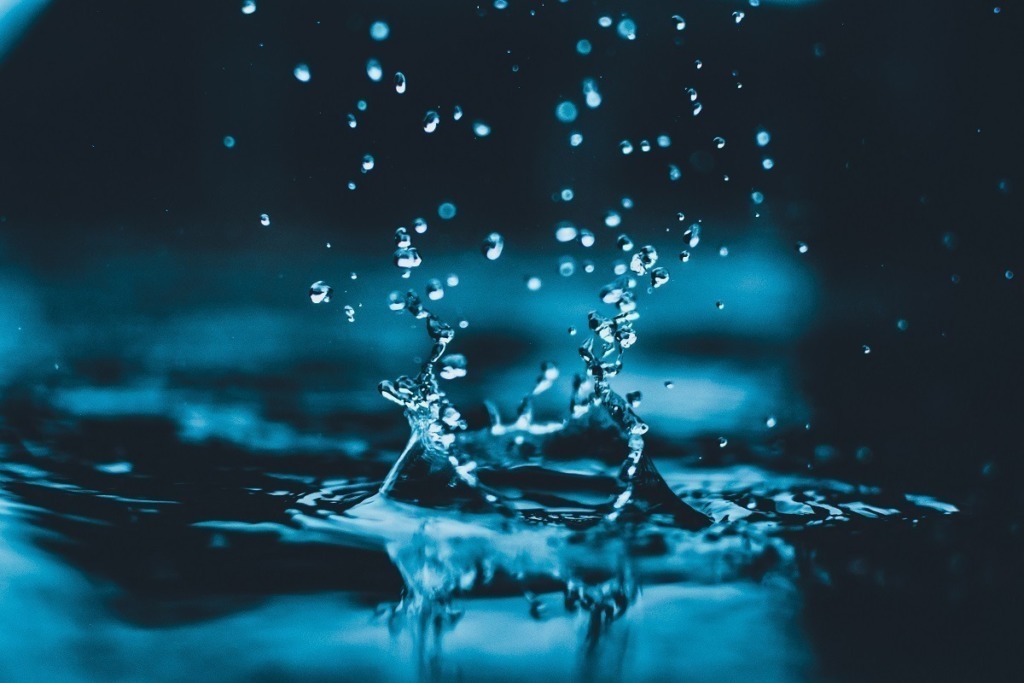
Written by Sarah Milano
The human body is a complex system. While scientists and doctors don’t know everything there is to know and don’t fully understand all of our body processes, one thing is for sure: the human body needs water to live. Just like a plant needs proper watering to thrive, we need proper hydration for our bodies to function efficiently.
In fact, around 60% of the body is made up of water which is an integral role in each of the 11 body systems. When the human body does not receive enough hydration, your mind and body exhibit the deficit. With this in mind, it only makes sense that water should make up a huge part of our fluid intake, yet many people are living their lives perpetually dehydrated.
When your child is dehydrated, it can prevent them from concentrating at school, can prevent them from getting tasks done and can cause them to have a bad attitude. If they continually drink less water than necessary, they can suffer problems with their health. Prevent this from happening by teaching your child the importance of drinking water and by ensuring that they are drinking enough every day.
Benefits of Proper Water Intake
Water consumption has numerous benefits to our health but the most important one is staying alive. The human body can last about 6 weeks without eating any food but when it comes to water, it can only last a few days to a week. Here are the many benefits that water has on the body when consumed:
- Regulates body temperature
- Maintains blood volume
- Lubricates joints and tissues
- Promotes proper function of organs
- Aids in digesting food
- Helps transport nutrients
- Fuels muscles
- Flushes out toxins
- Helps clear skin
- Boosts productivity
- Supports Immunity
- Boosts energy
- Improves memory
- Quenches thirst without any calories, caffeine, sugar or any other additives
As you can see, just about every part of your body thrives on water in order to function correctly. Dehydration can cause an immediate reversal of the above benefits which can cause unpleasant side effects and risks.
Signs of Dehydration
Once you are thirsty, you are already dehydrated. If you have small children, you should offer them water with their meals and during any physical activity. For older children, share these signs with them and reinforce the need to drink water throughout the day.
Signs that your child may be dehydrated include:
- Dry mouth
- No tears being produced
- Sunken eyes
- Dark yellow urine
- Lack of urine for more than 12 hours
- Dry skin
- Lethargy
- Irritability
- Fatigue
- Dizziness
If you notice anyone of these symptoms, offer your child a cup of water and their symptoms should disappear quickly if it is a minor case of dehydration. For major dehydration, a doctor should be consulted.
Water Requirements (The Basis of Health)
The average human’s water requirements vary according to age and activity but are generally recommended the following way:
Infant under 1 year of age (The Basis of Health)
Babies receive proper hydration through breast milk and formula. After 6 months, most paediatricians agree that a couple of ounces of water a day are appropriate for a baby until they turn 1.
Children ages 1-3 (The Basis of Health)
The recommendation for this age is around 43 ounces a day. It is important to note that children of this age are recommended to drink around 16-24 ounces of milk every day to meet their calorie and calcium requirements. Be sure that your child does not drink more milk than this recommendation as it can lead to anaemia.
Children ages 4-8 (The Basis of Health)
The recommendation for this age is around 44 ounces. Around this age, your child may become picky when it comes to vegetables and fruits, and this is the time when parents usually turn to juices. Choose fresh juices with no added sugars in order to get their recommended servings a day.
Children ages 9-13 (The Basis of Health)
The recommendation for this age group is about 71-81 ounces. Around this time, children are more apt to drink soda at parties and at friends’ houses, so it is important that you enforce the importance of water before this time.
Children ages 14-18 (The Basis of Health)
The recommendation for this age group is 77-111 ounces. As kids get older and weigh more, their water requirements increase to accommodate their new size.
While these are just estimates, they are good guidelines to follow. Depending on your child’s weight and activity level, they may require more than the recommended intake. In addition, for every 20-30 minutes of vigorous physical activity, your child should drink another 8 ounces of water to replace sweat.
This may seem like a lot of water to consume, but you should realise that there are more sources of water than a simple cup of water alone. Water can be consumed in other liquids such as tea, natural juices and milk. The following foods have high water content and should become part of your child’s diet:
- Oranges
- Watermelon
- Strawberries
- Grapefruit
- Cantaloupe
- Peaches
- Pineapple
- Apricots
- Plums
- Raspberries
- Cherries
- Grapes
- Lettuce
- Cucumber
- Zucchini
- Radish
- Celery
- Tomato
- Broccoli
- Cauliflower
- Eggplant
- Red Cabbage
- Peppers
- Spinach
- Carrots
All of these fruits and vegetables contain at least 80% water and are also packed with vitamins and nutrients. By adding these water-laden foods into your child’s diet, you can increase the amount of water they consume without them actually having to drink it.
Reduce Soda Consumption (The Basis of Health)
The best way to make sure that your child is drinking water is to limit unhealthy beverages. Soda is one of the unhealthiest fluids that are consumed by children these days. Full of empty calories and staggering amounts of sugar, soda has absolutely no nutrients or health benefits. A soda can’t even quench your thirst but instead makes you even thirstier.
If they are drinking too much junk, then they won’t have room to drink enough water; and children are more apt to choose a tasty beverage over plain water. Spruce water up by adding fruits such as strawberries, oranges or lemons to it. This will give it a flavour that kids are more likely to enjoy. Most of all, lead by example and show your kids that water is the perfect drink to quench your thirst.




1 Comment